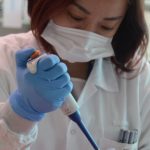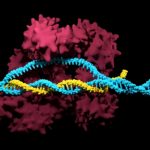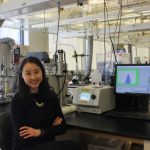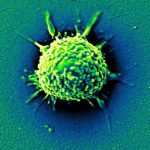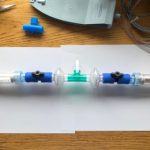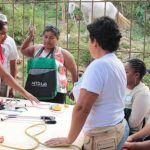A scientist turns to entrepreneurship
Like the atomic particles he studies, Pablo Ducru seems constantly on the move, vibrating with energy. But if he sometimes appears to be headed in an unexpected direction, Ducru, a doctoral candidate in nuclear science and computational engineering, knows exactly where he is going: “My goal is to address climate change as an innovator and creator, whether by pushing the boundaries of science” through research, says Ducru, or pursuing a zero-carbon future as an entrepreneur. It can be hard...



